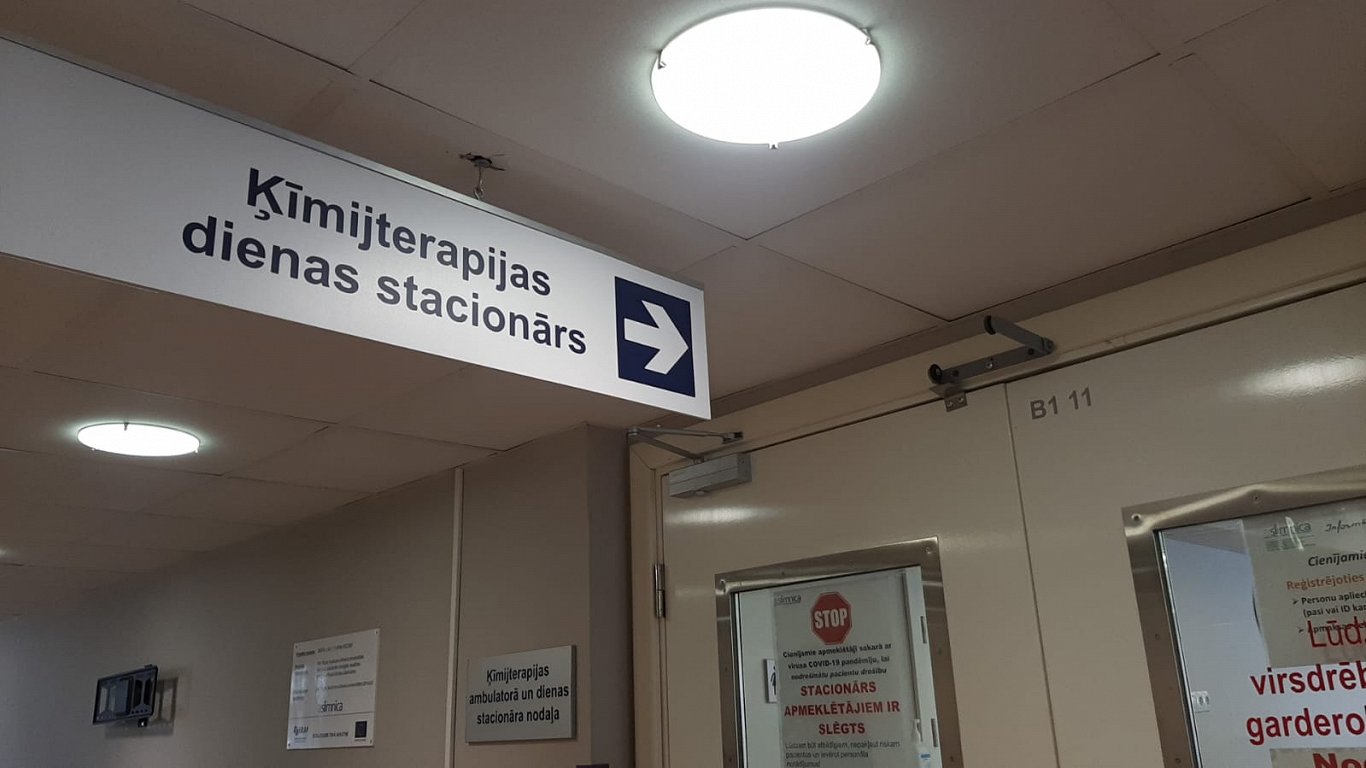Head of the trade union Valdis Keris said many others were interested at the moment, but the strike law does not allow this number to be changed so shortly before the event itself, so this number is fixed and final.
Keris explained the reason for the strike and the demands of the strikers: “The strike has been announced because it has failed to reach an agreement with the Ministry of Health on the fulfillment of our [..] requirements, in particular, to increase wages and salaries in the second half of this year for all categories of qualifications of medical practitioners by 10% compared to the average rates of the previous year.”
The union has previously stated that the requirements for this strike are proportionate and fair. In order to meet the requirements, it would take about €30 million to raise the wages of all medical practitioners by 10% this year. Doctors and nurses have already had a raise of about 6% since the beginning of the year. Consequently, to a greater extent, the strike requirements apply to the lower-skilled personnel.
In parallel to the two-day strike, on Tuesday at 13:00, the medical workers have planned a picket at the Cabinet as well. The number of participants in the picket will be higher than that of the strike.
Patients will also feel the decision of medical workers to strike: all scheduled operations have been cancelled at the Latvian Oncology Center for the two days, along with appointments at the Children's Hospital and surgical manipulations at Stradiņš Hospital. This is due to the fact that many of the strike participants are nurses and anesthesiologists, Latvian Television reported on Monday evening.
Ira Runce is an employee of the Oncology center and one of 316 workers who will strike on Tuesday. Her argument is that this hard work is not paid adequately.
“It's psychologically hard to work because you work with both the patient and with relatives. The patient returns and asks: Why again, why? And no one appreciates how difficult it is for the staff,” Ira Runce told LTV.
“Realistically, both doctors and nurses are trying [to work] in two departments to pay credits and bills. And to keep a family. But the patient is suffering. You know, maybe we have to start thinking about how medics suffer?” Runce said.





























